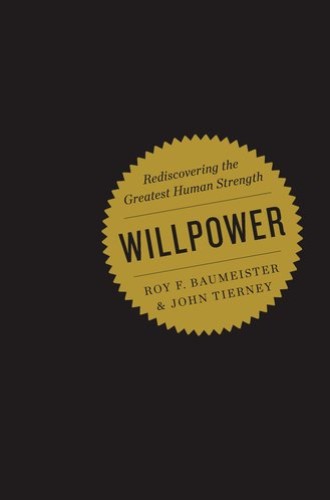Why willpower?
Every year, people gather in my hometown for an almost
unthinkable challenge. During the Leadville Trail 100, athletes run 100 miles.
They begin the race at 10,000 feet, climb to 12,600 feet, descend down the
other side of a mountain pass to 9,200 feet, then turn around and do the climb
and descent all over again. You can only train for a race like this up to a
certain point. Racers say that they train to run 50 miles. After that, they
rely on the capacity of the mind to convince the body to keep running, even though
everything in them urges them to stop.
The race is metaphorically fascinating. Racing is about
facing oneself as much as it is about facing a difficult challenge. The last
runner to cross the finish line is ritually cheered with greater enthusiasm and
more admiration than the first. This testimony to endurance has brought me to
tears on an annual basis since the summer of 2000, when I first put my lawn
chair alongside the last uphill that runners face.
Maybe it is this spectacle--and my complicated feelings
about it--that has me entranced by a new book by psychologist Roy Baumeister
and science writer John Tierney. Baumeister set out, through an extensive set
of laboratory experiments, to determine what makes for willpower. Tierney has
tried to turn this research into a readable, anecdote-driven, almost self-help
oriented book on the subject.






